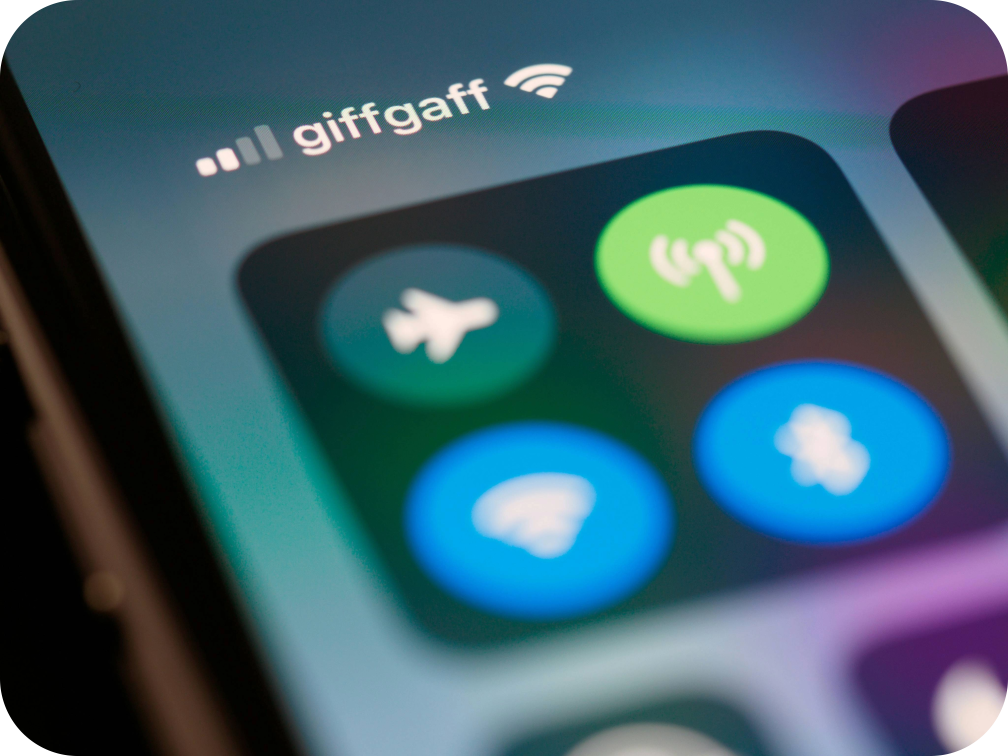Why I Don’t Trust Hotel Wi-Fi Anymore (And Neither Should You)

Look, I’m not saying all hotel Wi-Fi is out to get you… but after what happened to me in Kuala Lumpur, I’ve got trust issues. Big ones.
So there I was, working out of a budget hotel near Bukit Bintang. Nothing fancy, just me, my laptop, and what the front desk lady called “premium internet.” I should’ve known. The login screen alone looked like it was built in 2009. I ran a quick speed test — 3.6 Mbps down, 0.5 up. Not amazing, but whatever, I just needed to send some invoices.
Next thing I know, my email logins are acting weird, and two days later, I’m locked out of my PayPal. That was the moment I realized free Wi-Fi was costing me a hell of a lot more than $0.
The Real Dangers of Hotel Wi-Fi (That Nobody Tells You)
Here’s the thing: most hotel networks don’t isolate users. That means someone else on the network — say, the guy in 5B pretending to be on a business call all day — can snoop on your traffic.
Even basic packet sniffers like Wireshark can pull unencrypted data off open networks. And yeah, HTTPS helps, but not when your device is doing auto-syncs or background app calls over old ports.
Okay, But What About Using a VPN?
If you’re a digital nomad, chances are you’ve either used a VPN or lied to yourself about needing one. When I travel, I won’t even check Instagram without one anymore.
I mean, last month in Tbilisi, I was trying to access my bank’s site and it flat-out blocked the Georgian IP. Good thing I was running ProtonVPN — I flipped to a New York server and boom, back in.
Anyone saying “VPNs slow down your speed too much” hasn’t used WireGuard yet. Honestly, Proton’s implementation is slick — I consistently get 60–70 Mbps even over sketchy Wi-Fi.
Free VPNs vs. Paid: Here’s What Actually Matters
- Speed — Free VPNs throttle. Period.
- Servers — You don’t need “195 countries.” You need 3 that work reliably: US, UK, and your home banking country.
- Streaming — If it doesn’t unblock Netflix, what are we even doing here?
- Privacy — Logging policies matter more than logos. ProtonVPN is based in Switzerland. That’s not just chocolate — it’s legal protection too.
But hey — some free VPNs are fine for one-off browsing. Just don’t use them for banking, okay?
What I Use & Why (Real Talk)
I bounced between Surfshark, NordVPN, and Proton for a few months. Surfshark was great for price (they often have a $2.49/month promo), but I kept running into captchas on Google. NordVPN was solid, but their app feels clunky on Linux.
ProtonVPN, though? It just works. Their kill switch never failed me once, their DNS leak protection is airtight, and I can set up WireGuard with custom configs when I need to get fancy.
TL;DR – Don’t Be Me
If you’ve ever thought, “Eh, I’ll just risk it this once,” please let me be your cautionary tale. Get a VPN. Set it to auto-connect. Sleep better.
Also, never trust a hotel that says “premium Wi-Fi” with a straight face.
